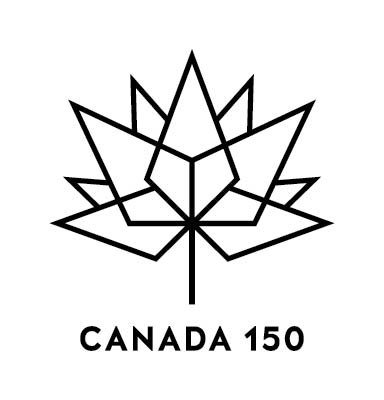IDENTIFYING THE INSTITUTIONAL RELIGIOUS FREEDOM CLAIMANT
Abstract
The “institutional turn” that religious freedom litigation has taken in Europe and the United States is now discernible in Canada. If this institutional turn continues, the Supreme Court of Canada will soon need to decide whether the “everyone” entitled to freedom of conscience and religion under the Canadian Charter of Rights and Freedoms includes corporations. This paper argues that before we begin extending constitutional rights to corporate vehicles in Canada, we should have a workable account of institutional religious freedom and a sense of the corporate and trust-law mechanics through which it will operate.
Recent American scholarship outlines two different accounts of “institutional conscience” that courts have relied upon in extending free exercise rights to non-profit and for-profit institutions: the “moral-association theory” and the “mission-operation theory”. This paper explores both theories through the lens of a particular case study: the dispute over the accreditation of Trinity Western University’s proposed law school. The paper concludes that the moral-association theory provides a stronger basis than the mission-operation theory for according constitutional protection to the University’s defence of its discriminatory covenant. Whatever theory the courts adopt, however, they must be mindful of the type of evidence required to support an institutional religious freedom claim.





